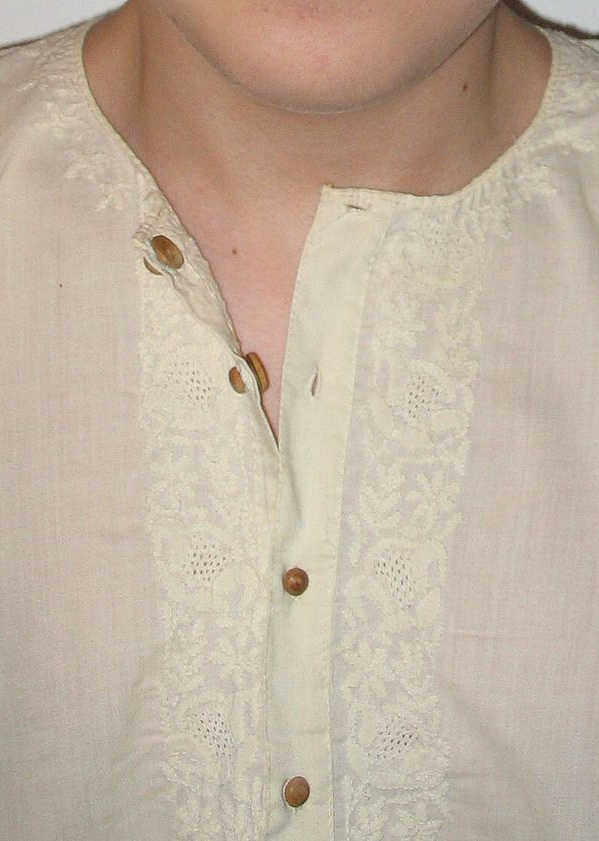FWP:
SETS
GAZE: {10,12}
INDEPENDENCE: {9,1}
For background see S. R. Faruqi's choices. This verse is NOT one of his choices; I thought it was interesting and have added it myself. For more on Ghalib's unpublished verses, see the discussion in {4,8x}.
Asi seems to read the first line with an i.zaafat after diid , so that it would mean 'where the effort for the show/spectacle of a Khizr-settlement of ease/repose would be erased'. This reading is possible, but not so persuasive (why would someone eager for sightseeing desire a 'Khizr-settlement' in particular?).
The key to contentment is thus apparently to cease from desiring fancy spectacles, or exotic shows, or the kind of elaborate, effortful sightseeing that would require the help of a guide like Khizr. The reward for this (stoic?) renunciation is a serene environment of ease and repose that is as valuable as anything that could be found by a whole townful of Khizrs.
In the ghazal world, jeb refers to the vertical slit of the neck-opening of a kurta; on this see {17,9}. According to Platts-- see the definition of jaib above-- the Arabs used to carry things 'within the bosom of the shirt', and this suggests the metaphorical use of the 'neck-slit' to mean the (also metaphorical) 'bosom' of the shirt, and thus the bosom, or heart, of the wearer.
Thus bah jeb-e har nigah would mean 'hidden deep within every glance/gaze'. There's a very similar use of something hidden in a neck-slit in {24,10x}. There are also remarkable structural similarities between the second line of the present verse and the second line of {24,10x}. In both cases we get bah jeb-e something pinhaa;N hai ;haasil something else kaa . For discussion, see {24,10x}.
Why does every glance have the 'substance' or 'profit' (or many other choices; see the definition of ;haa.sil above) of 'road-showing' hidden in its neck-slit? The glance is long and straight and directional like a road (and like a neck-slit, too). Thus wherever the glance is directed becomes a 'road', so that the glance contains within it all the 'substance' or 'profit' of 'road-showing'. This might be the case because all 'road-showing' fails (it is futile and foolish, so that any glance is as good as Khizr's guidance). Or else it might be because all road-showing succeeds (our glances around us teach us the virtues of staying where we are, or of being our own guide). Ghalib is fond of envisioning the gaze/glance as a road; for discussion and examples, see {10,12}.
This verse belongs to the set in which Ghalib valorizes independence above all else; for discussion and examples, see {9,1}.

Asi:
In the halting-place of passion, where the traveler would no longer have a yearning to see a Khizr-town of ease/repose, and where this longing would become extinguished-- in this place he arrives at a station/stage where in every one of his glances the outcome of guidance is concealed. That is, every glance becomes a guide.
== Asi, p. 61